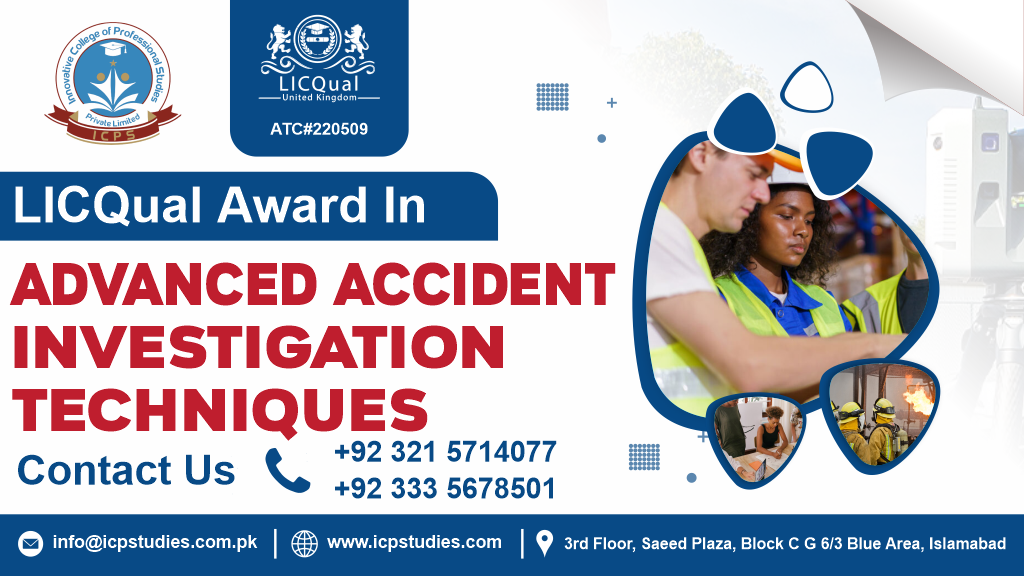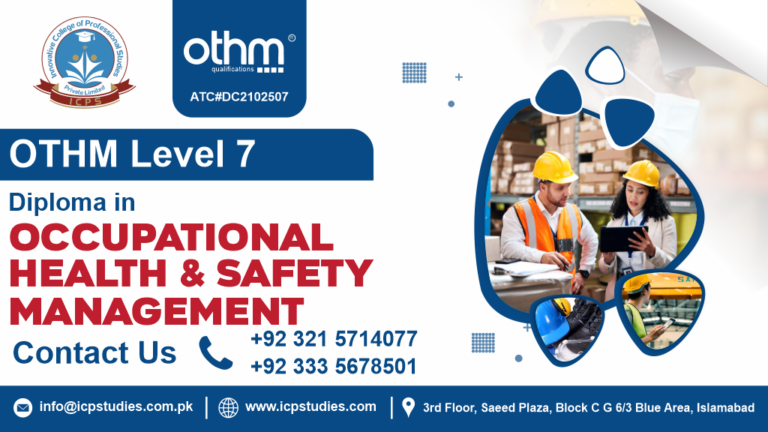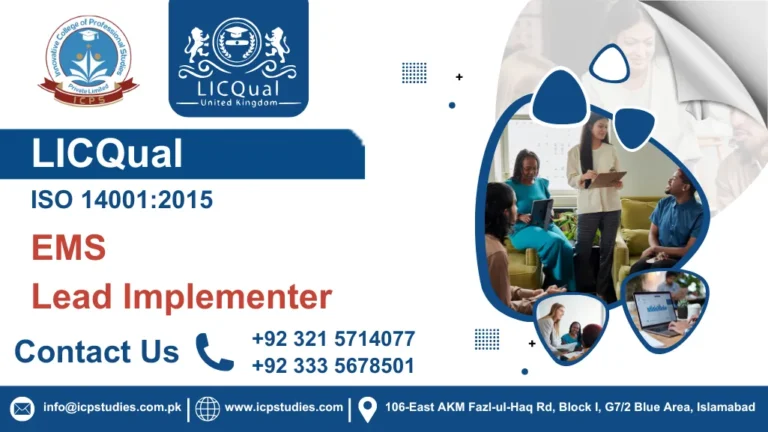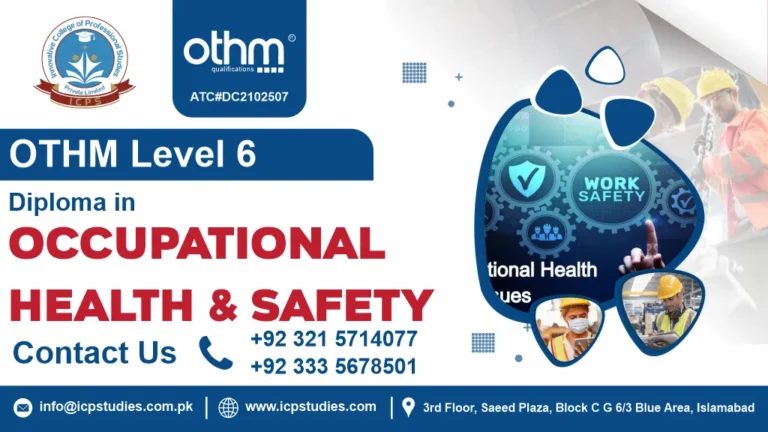Our course has been meticulously crafted by industry experts and is recognized for its excellence in accident investigation techniques. Backed by prestigious awards and accolades, it stands as a testament to our commitment to quality and innovation.
Dive deep into the world of accident investigation with our comprehensive curriculum. From understanding the legal and regulatory framework to mastering advanced investigative techniques, we cover it all. Our goal is to equip you with the knowledge and skills needed to tackle any investigation challenge with confidence.
Theory is important, but nothing beats hands-on experience. That’s why our course emphasizes practical learning through real-world case studies, simulations, and interactive exercises. You’ll learn by doing, gaining valuable insights that you can apply directly in your workplace.
Learn from the best in the field with guidance from our team of seasoned professionals. Our instructors bring years of experience to the table and are dedicated to helping you succeed. Whether you have questions about a complex concept or need advice on a real-life investigation, they’re here to support you every step of the way.
We understand that everyone’s schedule is different. That’s why our course offers flexible learning options to suit your needs. Whether you prefer to study at your own pace online or participate in live workshops, we’ve got you covered.
Don’t miss out on the opportunity to enhance your career and make a positive impact on workplace safety. Enroll now in our “Award in Advanced Accident Investigation Techniques” course today and take the first step towards a safer, brighter future!
All About Award in Advanced Accident Investigation Techniques
Course Overview
The “LICQual Award in Advanced Accident Investigation Techniques” is a prestigious certification program designed to equip individuals with advanced skills and knowledge in accident investigation. LICQual stands for “Learning, Innovation, and Continuous Quality Improvement,” reflecting the core principles of the award: fostering a culture of learning, encouraging innovation, and promoting continuous improvement in accident investigation practices.
This specialized program goes beyond basic accident investigation training, delving into advanced techniques and methodologies aimed at uncovering root causes, analyzing contributing factors, and developing effective preventive measures. Participants in the LICQual Award gain a comprehensive understanding of the entire accident investigation process, from initial response to final reporting and analysis.
Participants learn various investigation methodologies, including root cause analysis, human factors analysis, and systems thinking. They gain insights into how to apply these methodologies effectively in different accident scenarios.
Understanding the legal and regulatory aspects of accident investigation is crucial. Participants explore relevant laws, regulations, and standards governing accident investigation, ensuring compliance and accountability.
By earning the LICQual Award in Advanced Accident Investigation Techniques, individuals demonstrate their commitment to excellence in accident investigation and their readiness to tackle complex investigation challenges in any industry or organization. This prestigious certification sets them apart as leaders in safety and risk management, equipped to drive positive change and prevent future accidents.
Study Units
Learning Outcomes
Here are the outcomes for each of the study units:
- Overview of Advanced Accident Investigation:
- Understand the principles and objectives of advanced accident investigation.
- Identify the key stakeholders and their roles in the investigation process.
- Gain insight into the legal and regulatory framework surrounding accident investigation.
- Advanced Accident Reconstruction Techniques:
- Acquire advanced skills in accident scene reconstruction using cutting-edge techniques and tools.
- Learn how to analyze physical evidence to reconstruct the sequence of events leading to an accident.
- Develop proficiency in utilizing technology such as computer simulations and forensic analysis software.
- Advanced Evidence Collection and Preservation:
- Master advanced techniques for systematically collecting and preserving evidence from accident scenes.
- Understand the importance of maintaining chain of custody and ensuring the integrity of evidence.
- Learn how to document and catalog evidence effectively for use in investigations and legal proceedings.
- Human Factors and Behavioral Analysis in Accidents:
- Explore the role of human factors and behavioral psychology in accident causation.
- Analyze how human error, decision-making, and perception contribute to accidents.
- Identify strategies for mitigating human error and promoting a safety culture within organizations.
- Organizational Influences on Accidents:
- Examine the organizational factors that influence accident occurrence, including management systems, leadership, and culture.
- Understand how organizational structures and processes can contribute to or mitigate risk.
- Learn how to assess and address organizational deficiencies to prevent future accidents.
- Advanced Root Cause Analysis Methodologies:
- Gain expertise in advanced root cause analysis methodologies such as Fault Tree Analysis (FTA), Event Tree Analysis (ETA), and Barrier Analysis.
- Learn how to systematically identify underlying causes and contributing factors in complex accidents.
- Develop skills in applying root cause analysis tools to develop effective corrective actions and preventive measures.
- Advanced Data Analysis in Accident Investigation:
- Learn advanced techniques for collecting, analyzing, and interpreting data related to accidents.
- Explore statistical methods, trend analysis, and data visualization techniques to uncover patterns and trends.
- Gain insights into how data analysis can inform decision-making and drive continuous improvement in accident prevention strategies.
Admission Criteria
To enroll in the “Award in Advanced Accident Investigation Techniques” course, participants must meet the following entry requirements:
- Basic Accident Investigation Training: Prior completion of a foundational course in accident investigation is required. Participants should have a solid understanding of fundamental accident investigation principles, methodologies, and techniques.
- Relevant Work Experience: Participants should have practical experience in a field related to safety, risk management, or accident investigation. This may include roles in occupational health and safety, environmental health, law enforcement, engineering, or related fields.
- Educational Background: While not mandatory, a background in a relevant field such as engineering, safety science, forensic science, or psychology may be beneficial. A degree or certification in a related discipline demonstrates a commitment to professional development and enhances the participant’s readiness for advanced study.
- Proficiency in English: The course materials and instruction are delivered in English. Participants should have a proficient level of English language proficiency to effectively engage with the content, participate in discussions, and complete assignments.
- Access to Necessary Resources: Participants should have access to necessary resources such as a computer with internet connectivity, as well as any software or tools required for online learning activities or simulations.
- Commitment to Learning: Successful completion of the course requires dedication, active participation, and a commitment to learning. Participants should be prepared to invest the time and effort necessary to fully engage with the course materials, complete assignments, and actively contribute to discussions and activities.
- Compliance with Course Policies: Participants are expected to adhere to the course policies and guidelines, including attendance requirements, academic integrity standards, and respectful communication practices.
By ensuring that participants meet these entry requirements, the course aims to create a supportive learning environment where participants can build upon their existing knowledge and skills to excel in advanced accident investigation techniques.
Ideal Candidate
The “Award in Advanced Accident Investigation Techniques” course is ideally suited for professionals who are passionate about safety, risk management, and accident prevention. This comprehensive program is designed for individuals who seek to enhance their expertise in accident investigation and advance their careers in safety-related fields. Specifically, this course is tailored for:
- Safety Professionals: Safety managers, officers, coordinators, and consultants who are responsible for overseeing safety programs and investigating workplace incidents will benefit from the advanced techniques and methodologies covered in this course.
- Risk Management Specialists: Professionals involved in risk assessment, mitigation, and management across various industries, including manufacturing, construction, healthcare, transportation, and oil and gas, can deepen their understanding of accident causation and prevention strategies.
- Health and Safety Practitioners: Occupational health and safety practitioners, environmental health officers, and workplace health specialists will find value in learning advanced accident investigation techniques to identify hazards, assess risks, and implement effective control measures.
- Law Enforcement and Emergency Response Personnel: Police officers, firefighters, emergency medical technicians, and other first responders involved in accident response and investigation can enhance their skills in evidence collection, scene management, and accident reconstruction.
- Engineers and Forensic Specialists: Engineers, forensic scientists, and technical experts involved in analyzing accidents involving machinery, equipment, structures, or vehicles can deepen their understanding of the technical aspects of accident investigation and reconstruction.
- Human Factors and Behavioral Specialists: Psychologists, behavioral scientists, and human factors specialists interested in understanding the role of human error and behavior in accidents can gain valuable insights into human factors analysis and intervention strategies.
- Managers and Executives: Managers, supervisors, and executives responsible for organizational safety culture, policy development, and performance improvement initiatives can benefit from understanding the organizational influences on accidents and strategies for promoting a culture of safety.
- Students and Researchers: Students pursuing degrees in safety science, occupational health, engineering, psychology, or related fields, as well as researchers interested in advancing the science of accident investigation and prevention, can gain foundational knowledge and practical skills through this course.
In summary, the “Award in Advanced Accident Investigation Techniques” course caters to a diverse range of professionals who are dedicated to promoting safety, mitigating risks, and preventing accidents in the workplace and beyond. Whether you are an experienced practitioner looking to expand your skill set or a newcomer seeking to enter the field of safety and risk management, this course provides the knowledge, tools, and resources to excel in advanced accident investigation.
FAQs about Award in Advanced Accident Investigation Techniques







